Chimamanda Ngozi Adichie, renowned author, social activist and Hopkins alumna, spoke about the normalization of hate in the United States. She also reflected on her own literary works on Wednesday, Feb. 8 as part of the Foreign Affairs Symposium (FAS) in Shriver Hall.
Adichie has written several notable books, including Purple Hibiscus, Half of a Yellow Sun and Americanah. She also delivered the highly publicized TEDx talk “We Should All Be Feminists,” which was sampled by Beyoncé in the artist’s 2013 track “Flawless.”
Adichie’s talk addressed the current political environment in the United States following the recent divisive election, relating it to her home country of Nigeria.
“As a person who grew up in Nigeria, political uncertainty is familiar to me. What I’ve found myself thinking is how fragile America’s concept of itself is,” she said. “There’s an undercurrent of assuming that things will be okay, and I think that’s a dangerous assumption to make. I question the silence of certain spaces and people.”
She believes that hateful and divisive rhetoric, often hidden under the guise of ideology, has resurfaced in the United States.
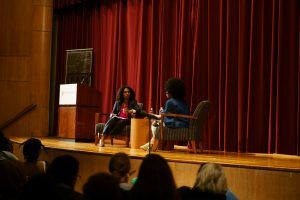
“I simply refuse to engage with conversations that involve dehumanizing people,” Adichie said. “If you claim that certain groups of people are deserving of terrible treatment because they are less human than others – which is the undercurrent of a lot of the rhetoric around the way black people in this country have been treated institutionally – that’s an unacceptable dehumanization.”
Throughout Adichie’s career, critics have accused her of being needlessly angry whenever advocating for feminism or protesting against racism. For Adichie, channelling anger toward positive social change often leads to the most successful and dramatic outcomes.
She applauded those who have used their anger to march and protest against injustice.
Adichie said that the backlash she faced because of her activism only reinforced her beliefs.
“There is a lot of horrible hostility that comes because one is an outspoken feminist,” Adichie said. “If the condition for your love is that you cannot accept my being equal to you, then I don’t want your love.”
Adichie also encouraged people to use their electoral privilege to enact change. She expressed dissatisfaction with what she described as a continuing political complacency among Americans.
She also classified her novels as a form of political expression and said that she often struggled with how she wanted to best present her thoughts.

“The act of your art is political,” she said. “That you decide to pick up that pen and tell your story, whatever the hell that story is, that’s enough. Writing has failed me. There are times when there are things that I want to say but I’m not saying them in the way that I want to say them, and it comes with frustration and sadness, but I like to think it’s part of the process.”
In discussing the year’s theme of “Undercurrent,” one of the three FAS executive directors Tim Shieh spoke about what separates this year’s lineup.
“Traditionally, we’ve had a lot of senior politicians, we’ve had ambassadors or diplomats,” he said. “This year we wanted a different take, so we have people from different backgrounds who could interpret and act against the status quo.”
Sophomore Ash Panakam found the talk to be refreshing in today’s political atmosphere.
“Her most salient argument was that storytelling is inherently a brash political act since it creates greater empathy and understanding during a time when many people feel dehumanized,” she wrote in an email to The News-Letter.
Freshman Bex Dansereau said that she was interested in Adichie’s consideration of artistic failure, particularly given her literary success.
“I liked her interest in failure as a characterizing thing,” Dansereau said. “Also her humor when she was like, ‘For me to say that as someone who’s successful.’ I wouldn’t say that it’s self-deprecation, but it’s self-awareness.”
Sumera Yego, a freshman representative in the African Students Association, said that she was particularly interested in Adichie’s commentary on the forms of oppression in modern society.
“People more often than not view marginalization and oppression as being very monolithic, and therefore we’re pawns in this system and play no role,” she said. “A lot of people forget the nuances of language and what language means. Oppression doesn’t just come out of the blue.”
She elaborated that it was important for figures like Adichie to call attention to and rise above the oppression faced by marginalized groups in this country.
“Though my representatives do oppress me, so do my peers every day when they disregard what I have to say,” Yego said. “We have to rise above and see where we can speak up, see the non-obvious ways to step in.”
Dansereau agreed, citing Adichie’s sentiment about the nature of those who perpetuate oppression.
“When she said if you have something ugly inside you, you’re going to be attracted to ugly things, that was when she was talking about dehumanization,” Dansereau said. “Usually people say these fancy things and they don’t sound true, but that sounded really honest. Hateful people are going to be attracted to hateful things.”
Yego said that she found Adichie’s message to be empowering.
“She’s powerful in the sense that she refuses to normalize hate,” Yego said. “There is no sentiment that I agree with more than that. I refuse to ever treat any view that dehumanizes people like an ideology. And I love that she inspires people to do the same.”

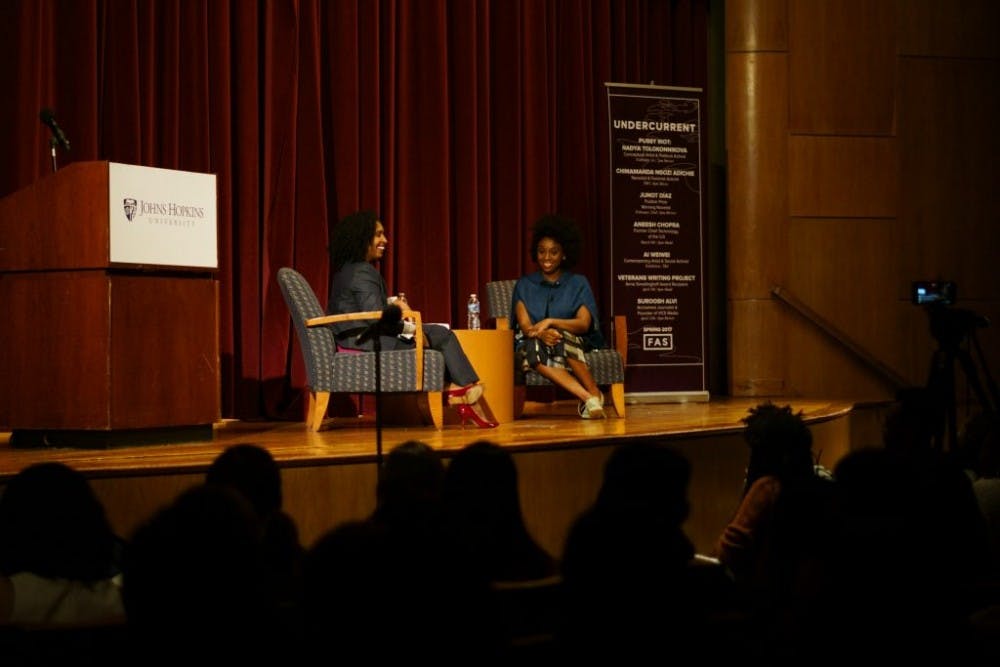
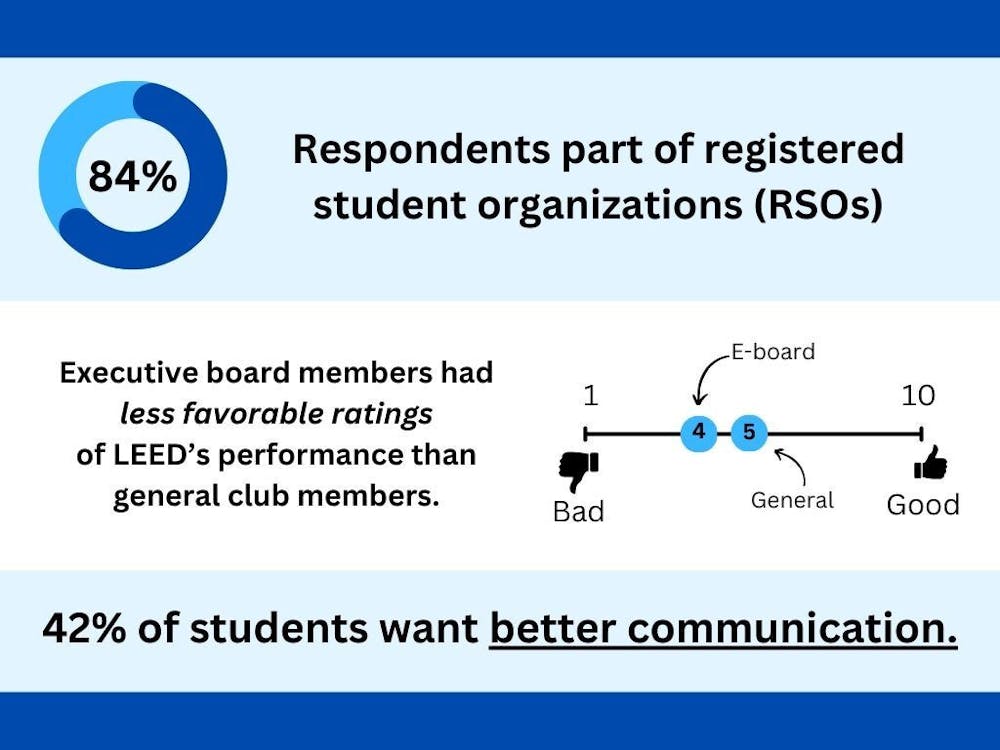
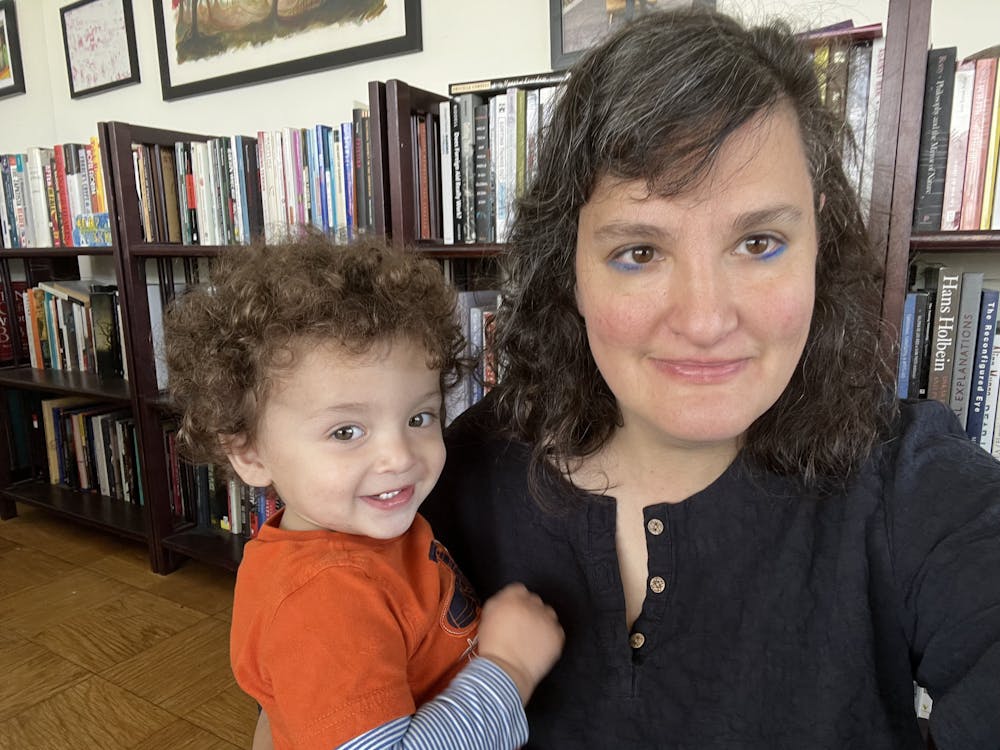
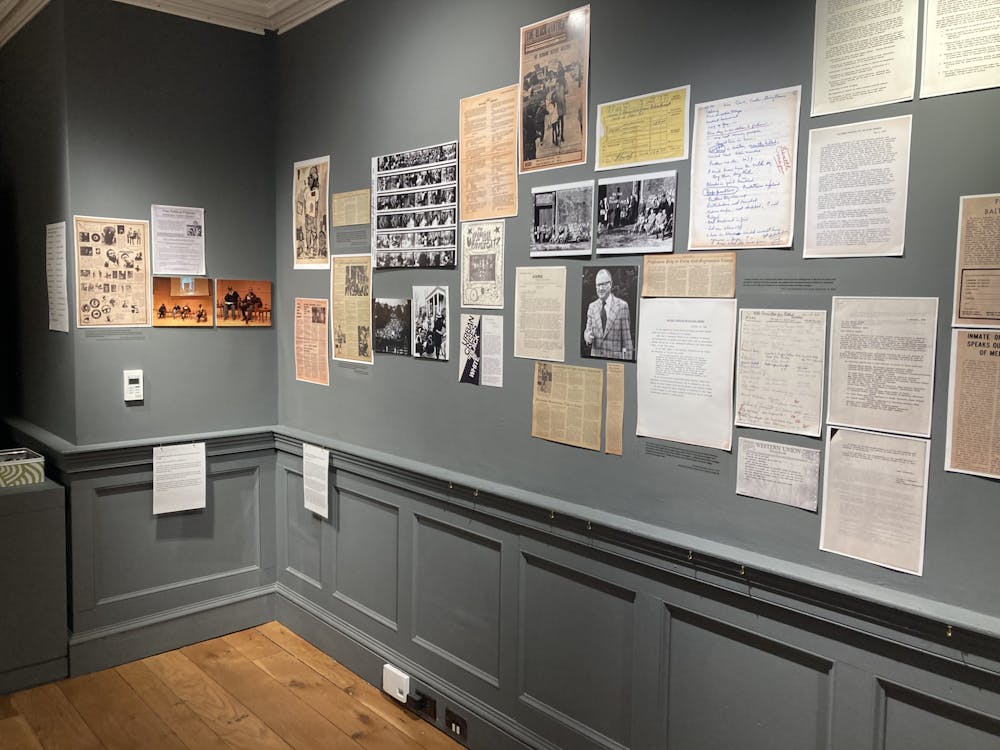











Please note All comments are eligible for publication in The News-Letter.